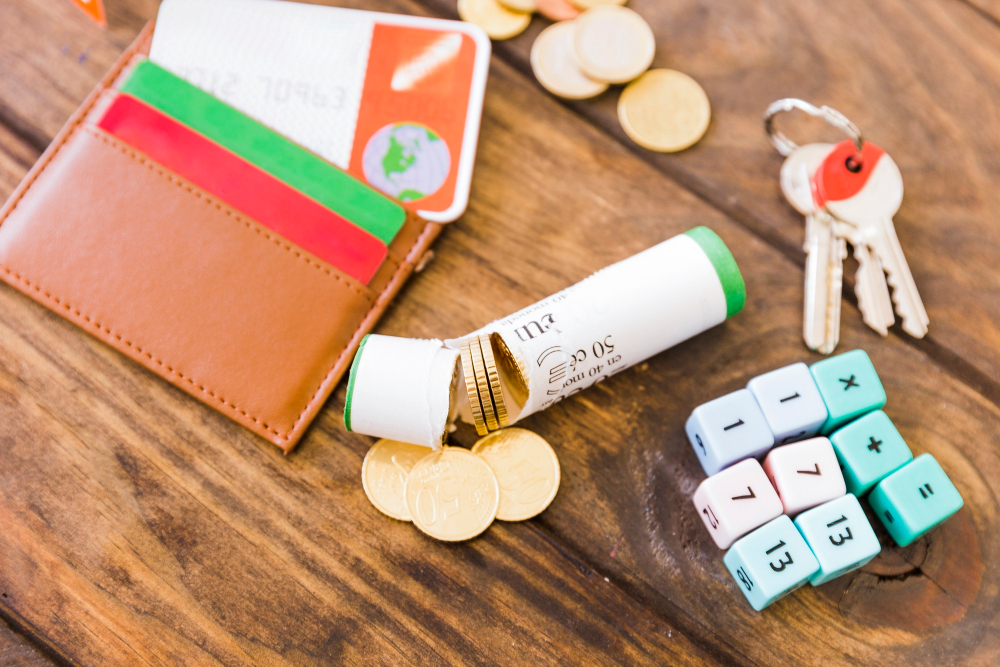
How an Islamic Loan Works
Islamic loans are gaining popularity as more people seek financial solutions that align with their faith and values. Unlike conventional loans, Islamic loans do not involve interest (Riba), a practice prohibited under Islamic law. Instead, they are structured around Sharia principles that promote fairness, transparency, and shared responsibility.
So, how do Muslim loans work in practice? This blog explains the foundations of Islamic lending, the types of loan structures available, and how repayments are handled, all within a Sharia-compliant framework.
What Makes an Islamic Loan Different?
Islamic loans are fundamentally different from traditional loans in both structure and purpose. They follow strict Sharia principles to ensure financing remains fair, ethical, and interest-free.
No Interest (Riba)
The key distinction is that Islamic loans do not charge or pay interest. Instead of profiting from lending money, Islamic financial institutions earn returns through legitimate trade or service-based agreements.
Asset-Backed and Transparent
Islamic loans must be backed by tangible assets or real economic activity. Whether it's a home, car, or business equipment, the loan is tied to something of real value. This approach ensures complete transparency and fairness, eliminating speculation or exploitation.
Halal Purpose
Funds from Islamic loans cannot be used for haram (prohibited) activities, such as gambling, alcohol, tobacco, or anything deemed impermissible under Islamic law. Every transaction must meet a socially responsible and faith-aligned purpose.
Common Types of Islamic Loans
Islamic loans use several contract types to facilitate Sharia-compliant lending. Each is designed to support different needs while avoiding interest and promoting halal financial dealings.
Murabaha (Cost-Plus Financing)
Murabaha is a popular model for asset purchases. Here’s how it works:
- The financial institution buys the asset the customer wants (e.g., a car or home).
- It then sells the asset to the customer at a marked-up price, with the profit margin clearly disclosed upfront.
- Repayments are made over an agreed period at the agreed price, with no hidden fees or interest.
Ijara (Leasing Model)
In an Ijara arrangement, the financial institution:
- Purchases the asset and leases it to the customer.
- The customer makes rental payments to use the asset.
- Often, there's an option for the customer to buy the asset at the end of the lease.
This model is often used in vehicle finance and property leasing.
Musharakah (Partnership Financing)
Commonly used in Islamic home finance, Musharakah is a co-ownership model where:
- The financial institution and customer jointly purchase the asset.
- The customer purchases the bank's share through fixed instalments, with shared risk on value changes and clearly stated default terms.
- The customer also pays rent for the portion still owned by the financial institution until full ownership is achieved.
This is known as a Diminishing Musharakah structure and is praised for its flexibility and fairness.
How Repayments Work in Islamic Loans
Understanding how Islamic loans work also involves examining the repayment structure, which is quite different from traditional interest-based loans.
- Fixed Profit or Rent, Not Interest: Repayments are based on an agreed-upon profit margin or rental rate, never variable interest.
- Upfront Terms: All terms are agreed upon at the beginning to avoid Gharar (excessive uncertainty).
- Mutual Agreement: Islamic loans are based on clear contracts where both parties share responsibility.
- Sharia Obligations: Repayments are structured to avoid exploitation and ensure fairness, reflecting the core values of Islamic finance.
Why Choose an Islamic Loan?
There are many reasons why individuals, both Muslims and non-Muslims, are turning to Islamic loans:
- Faith and Values: For Muslims, choosing a Sharia-compliant loan is a way to uphold religious obligations while pursuing personal or business goals.
- Transparency and Ethics: Islamic finance is built on clear terms, Sharia-compliant investing, and real economic value.
- Social Responsibility: With the increasing demand for ethical finance globally, many people are drawn to Islamic loans for their socially conscious approach.
- Growing Access: Getting a halal loan is now easier than ever. You can find one that suits your needs through an Islamic finance provider like Hejaz.
Get Started Today
Understanding how Islamic loans work highlights the integrity and fairness that define Sharia-compliant finance. By avoiding interest, promoting transparency, and ensuring that all funding serves ethical, real-world purposes, Islamic loans offer a compelling alternative to conventional lending.
Ready to take the next step? Visit our Islamic Loan page to learn more about our Sharia-compliant, interest-free lending options. Explore our Sharia Governance Framework to gain a deeper understanding of how we uphold Islamic principles in every agreement.
Choose a financing solution that’s transparent, faith-aligned, and built on mutual trust.
Disclaimer:
This content is for informational purposes only and does not constitute legal or credit advice. All loans carry risks. Please consult a licensed credit provider or legal adviser before making any credit-related decisions.
No comment yet
Be the first one to leave thoughts!
0 comments
Stay updated to our latest financial insights and other useful articles.


